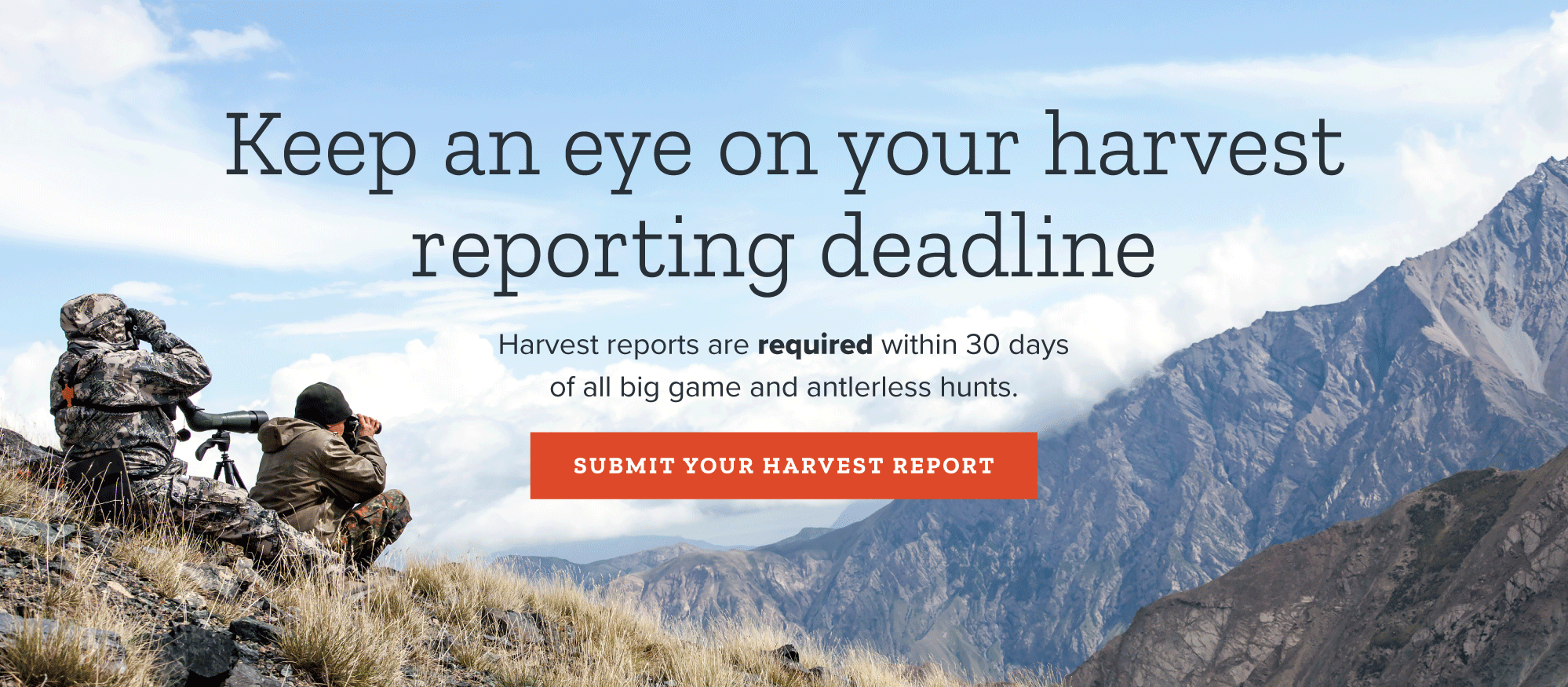- See mule deer at upcoming DWR viewing event
- Drivers reminded to watch for deer during peak migration seasons, darker commuting months
- New to bird-watching? Attend 2 upcoming DWR events to learn tips and see birds during fall migrations
- DWR implementing mandatory testing for chronic wasting disease in Ogden hunting unit, proposing other updates
- Have a big game or swan hunting permit this fall? Don't forget to submit mandatory harvest report
- Visit upcoming exhibit at Hardware Wildlife Education Center to learn about turkeys in Utah
- What hunters should know about the 2025 pheasant and quail hunts
- DWR wildlife license plates raise over $1.9M for conservation efforts during last 5 years
Volunteer at Lee Kay Public Shooting Range
Apply now to our volunteering program
Volunteering at the Lee Kay Public Shooting Range can be an extremely rewarding experience with a wide variety of opportunities. Volunteering involves working with adults, youth and special interest groups to help ensure a fun and safe experience.
Our volunteers are extremely important to the LKPSR facility; without them, the facility would not function but the role also comes with some important conditions and responsibilities. If you have any questions about any aspect of your volunteer service, please feel free to ask the LKPSR management.
Screening Process
Screening potential volunteers is essential to maintaining the high standards of the LKPSR. This page gives an outline of the process. Management will interview each volunteer applicant. Selection criteria include but are not limited to:
- Positive outlook and favorable attitude towards the Utah Division of Wildlife Resources and the LKPSR
- Willingness to have, and successful completion of, a background check through the National Crime Identification System
- Willingness to serve at least the minimum required hours for a volunteer
- Willingness to be flexible in the duties asked of the volunteer
Acceptance
Once an applicant has been approved by management, and the criminal background check has been successfully completed per Utah Department of Natural Resources policies, management will contact the applicant to schedule the start of the training process.
Probationary Period
The probationary period is the first 24 hours of service from the time of a volunteer's start date. Volunteers are responsible for completing the initial volunteer training prior to beginning the probationary period.
Volunteer Knowledge and Behavior Expectations
- Volunteers must be friendly, tactful, polite and considerate. Most people respond favorably to kind and courteous treatment. Remember, we want the public to visit and support our range.
- Volunteers must wear their official uniform (orange safety vest & ID badge) when performing assigned duties or as noted.
- Upon completion of the initial volunteer training, volunteers should have good knowledge of range safety and have a willingness to learn more about firearms/archery equipment, ammunition, marksmanship and hunting laws and be able to answer questions or direct the public to sources of information.
- Complete a minimum of 24 hours of service every 3 months (8 hours each month is preferred).
- Do not bring children or pets to the range while on duty.
- Do not use tobacco or nicotine vaporizers while on the line or in view of the public.
- Follow our procedures for emergencies and other unexpected or unusual situations.
- Willingness to be flexible of the duties one is asked to perform as a volunteer at the range.
- While performing volunteer duties at the Lee Kay Wildlife Management Area (formerly the Lee Kay Conservation Area), a valid hunting, fishing or combination license is not required. When not performing volunteer assignments at Lee Kay WMA, the license requirement must be met for anyone 18 years of age or older accessing the WMA.



















